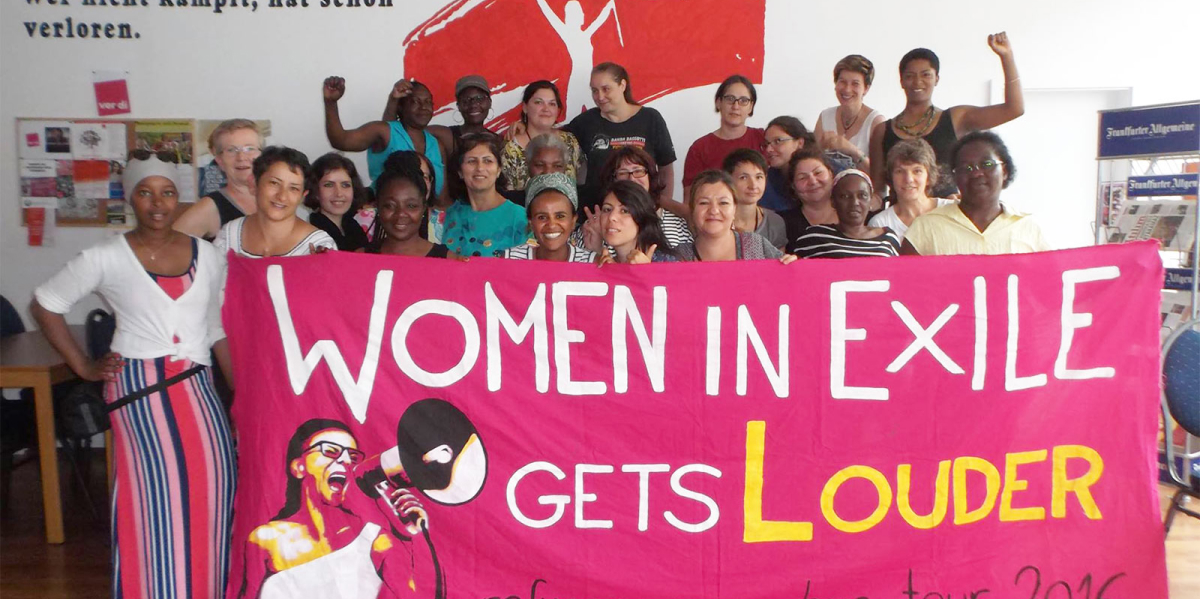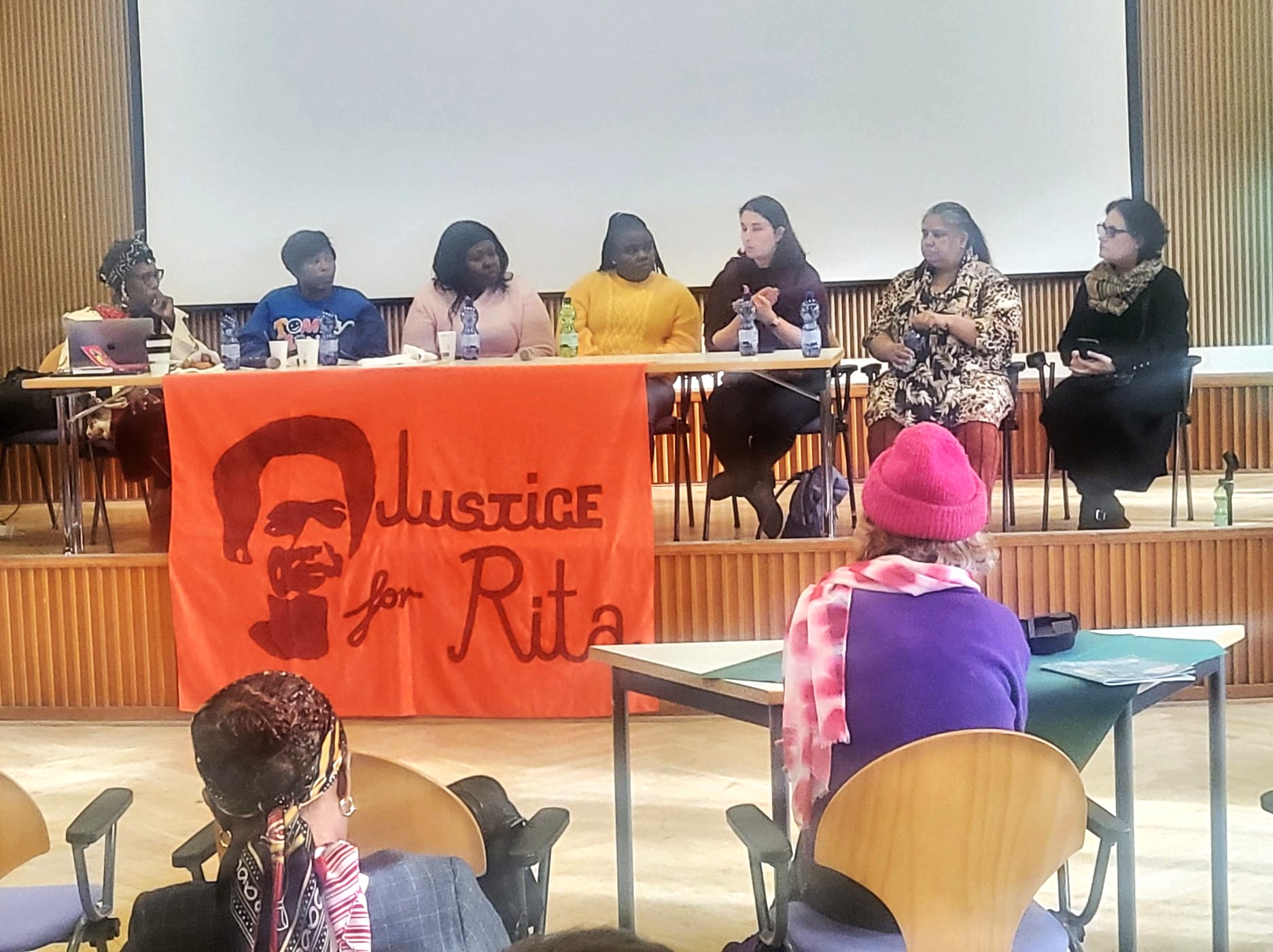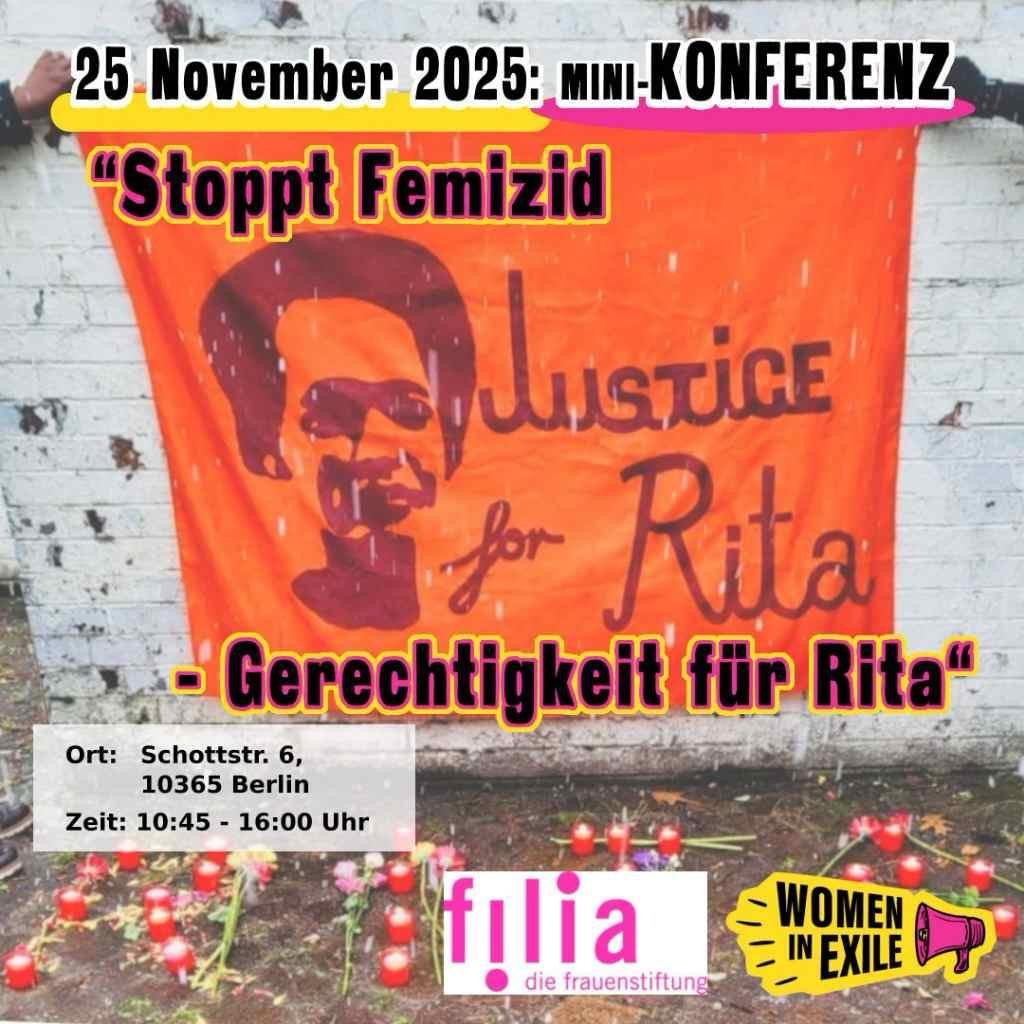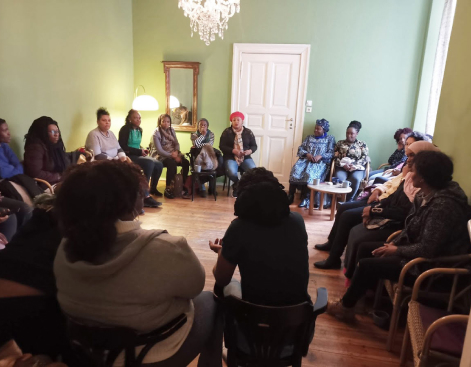Many people with severe pre-disorders, older people and pregnant women as well as families with children live in accommodation for the homeless and refugees. Strangers have to share a room. In accommodations with shared sanitary facilities and kitchens, the necessary hygiene and adherence to distance rules are not possible and the risk of infection is considerable.
Due to the current situation in Berlin, many holiday apartments, pensions, business apartments and hotel rooms are vacant. There is no shortage of self-contained housing units. There are individual sanitary facilities and the possibility of individual quarantines. Through a local network of gastronomic enterprises, people in accommodation without cooking facilities or in quarantine could be provided with food and at the same time the local structures could be supported. Especially in times of a pandemic, we see it as a social obligation to create conditions for ALL people that reduce the risk of infection. We call on the operators of hotels, holiday apartments and business apartments to show solidarity and make a contribution to overcoming the crisis.
We call on the Senate to take immediate action by renting vacant hotel rooms, holiday apartments and business apartments for the homeless, for people at risk and for people in mass and collective accommodation without private bathrooms, thus initiating the end of mass accommodation.
Provide reliable information and advice, access to WLAN and infection protection
Collective shelters offer a roof over ones head, but apart from a lack of protection against the spread of the virus, there is little reliable protection for the residents. Refugees report that in many shelters they only work with bans instead of information. Information and education from health authorities is sometimes completely absent. Quarantine measures were implemented in a number of shelters. The residents were left in the dark about the reason and duration of the quarantine. There was no protective equipment such as face masks and disinfectants for either staff or residents. The people remained alone with their fears and questions. Due to the lack of WLAN in the residents’ rooms, many people are unable to access information and education or communicate with employers and authorities. The Internet volume of mobile phone contracts often does not reach the end of the month. In addition, the residents are currently increasingly depending on the mercy of the sometimes strict power structures of the collective accommodations due to visitation bans.
We call on the Senate to provide up-to-date information about the corona virus and its effects on everyday life in all necessary languages online and to open up WLAN access points (e.g. from hotels, authorities, schools) available on the street so that ALL people have free access to information. In addition, information access must be created for people without a smartphone or telephone. In the accommodations, access to a powerful WLAN must be available in all living areas. This is also a prerequisite for the participation of students in digital lessons and for contact with authorities. Disinfectants and protective clothing must be available to residents and staff in the accommodation at all times.
Organize individual quarantines instead of quarantine for entire shelters:
If people in a mass accommodation have tested positive for corona, it is the responsibility of the district medical officer to order appropriate quarantine measures. A quarantine is very stressful for the people concerned. Priority must be given to housing sick persons and their identified contact persons separately in individual quarantine apartments. A common quarantine for all inhabitants of a mass accommodation is irresponsible because it only increases the danger for all. Instead, it is necessary to transfer the persons individually to accommodation with an apartment structure and to holiday apartments etc., where individual quarantines can be implemented appropriately.
We call on the Senate to avoid quarantines for entire collective accommodations at all costs and to instruct the districts to implement quarantines for residents individually by moving them to suitable apartments or accommodations with an apartment structure.
Guarantee psychological support
The risk of re-traumatisation due to the threat of the corona virus is high for many refugees. There is a lack of retreat and privacy in collective shelters, especially for families. The already difficult access to psychological counselling in the language of origin is almost completely blocked by the corona pandemic. Many homeless people also suffer from mental illnesses such as depression. The pandemic increases insecurity, feelings of fear and solidifies social marginalization. A quarantine in a confined space is an extremely stressful and frightening situation.
We demand the provision of psychological counselling in the languages of origin by telephone and online.
Apartments instead of camps
For reasons of protection against infection and to enable the homeless and refugees to lead a self-determined life, they should be accommodated primarily in flats rather than in emergency shelters and collective accommodation. A WBS is to be issued as a matter of urgency to those who have lost their homes or who meet the income limits for the Wohnberechtigungsschein (WBS), as well as to asylum seekers, tolerated and recognised refugees in collective accommodation. The obligation to live in a refugee shelter is to be abolished (cf. § 49 Para. 2 AsylG). On the basis of the WBS with urgency, vacant and new flats of the Land Berlin as well as social housing are to be allocated first to homeless persons, accommodated homeless persons and refugees from collective shelters (real housing first instead of building and occupying more and more new collective shelters).
The closure of mass housing, access to housing for ALL and nationwide access to information and education through free WLAN for all is necessary to contain the Corona pandemic and future pandemics.
All the problems mentioned above will be solved or reduced by moving away from mass housing and towards the possibility for all people to live in flats.
Press Contacts:
We’ll Come United Berlin Brandenburg, Tel. 0163 1601 783
Flüchtlingsrat Berlin, buero@fluechtlingsrat-berlin.de, Tel. 030 224 76 311 (ggf. lange klingeln lassen wegen Weiterleitung in das Home Office)
Selbstvertretung wohnungsloser Menschen, stefan.schneider@wohnungslosentreffen.de
#WohnungStattLager #LeaveNoOneBehind #NoLager




